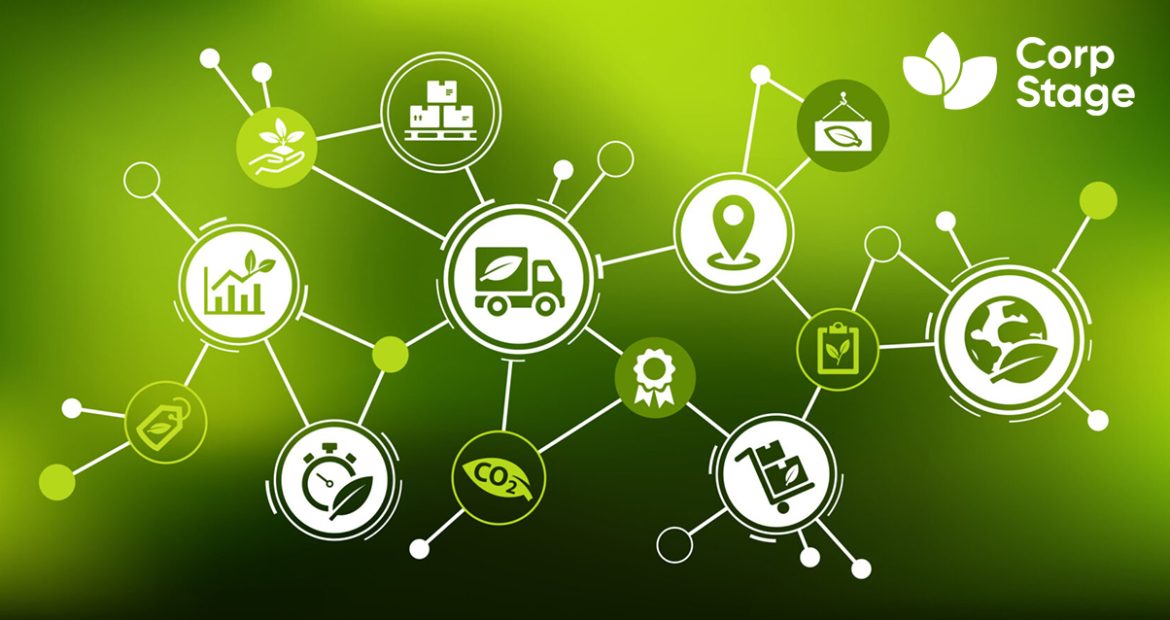Sustainable Supply Chains in Europe: ESG Consulting's Role in Reshaping Global Commerce
As global institutions and industries navigate the complex web of environmental, social, and governance (ESG) mandates, one formidable ally emerges on the frontlines of sustainability—ESG consulting. This anchor within corporate strategy ensures that the procurement and distribution of goods and services around the world align with ESG principles, offering both inherent and competitive advantages in the market. In the vibrant landscape of Europe’s sustainable supply chain initiatives, ESG consulting firms have become pivotal in shepherding organizations toward a more ethical and efficient future. This blog delves into how ESG consulting is driving the repurposing of global commerce and articulates its value for enterprises today and tomorrow.
Understanding ESG Consulting
At the nucleus of sustainable supply chain initiatives lies ESG consulting, a strategic partner that helps organizations integrate sustainability practices into their core business. ESG, a term not long ago confined to stakeholder reports, has now transcended into a guiding philosophy that dictates corporate ethics and success. Renowned for articulating the ‘triple bottom line,’ ESG compels businesses to measure their performance not just in terms of profit, but also in how they positively impact people and planet.
As a result, ESG consulting has embedded itself within the fabric of corporate decision-making. From conducting ESG risk assessments and crafting sustainability strategies to advising on governance frameworks, ESG consultants act as catalysts for change, facilitating a seamless transition toward sustainable business models.
Challenges in Building Sustainable Supply Chains
Crafting a sustainable supply chain is no simple feat. Companies grapple with a myriad of challenges that threaten the integrity of their operations and the sustainability of their products.
Environmental Impact
The first of these is environmental stewardship. Sustainable supply chains must minimize their carbon footprint, reduce waste, and preserve natural resources. European businesses are particularly under pressure to comply with stringent EU environmental regulations, but also have an opportunity to lead the pack in green innovation and infrastructure.
Social Responsibility
The second challenge directly addresses the societal impact of supply chains. Fair labor practices, safe working environments, gender equality, and support for local communities are not just suggested but often expected by consumers and regulators alike.
Governance and Compliance
Finally, governance and ethical compliance must be rigorously upheld. This involves everything from rule of law to the eradication of corruption and includes supply chain transparency—knowing where materials and labor are sourced and under what conditions.
These challenges are where ESG consulting steps in, to offer guidance, structure, and strategic solutions that not only mitigate risk but also foster an environment of growth and innovation.
The Role of ESG Consulting in Europe
ESG consulting plays a critical role in transforming challenges into opportunities. It does so by:
Identifying Environmental Risks and Opportunities
ESG consultants conduct thorough assessments to uncover potential environmental hazards within supply chains. These can range from unsafe working conditions to outdated energy policies. By identifying risks, businesses can take proactive measures to safeguard against environmental liabilities while simultaneously recognizing opportunities for improvement.
Implementing Social and Ethical Practices
The sphere of social responsibilities often crosses territories and cultures. ESG consultants navigate these challenges by developing frameworks that uphold ethical working conditions and labor standards, fostering a workforce that is not only empowered but also reflective of the inclusive values that drive sustainable business.
Enhancing Governance and Transparency
ESG consultants emphasize the importance of governance and compliance at all levels of the supply chain. By promoting transparency, from sourcing to distribution, they ensure that sustainable practices are ingrained in the company’s DNA, thereby setting the stage for a trustworthy and resilient business environment.
Benefits of Sustainable Supply Chains
The adjustments that European businesses make with the help of ESG consulting translate into tangible benefits.
Environmental Preservation
At the core of sustainable supply chains is the imperative to protect the environment. By reducing waste, conserving resources, and deploying eco-friendly technologies, enterprises contribute to the preservation of the planet, a shared social priority that also resonates with customers and investors.
Cost Savings and Efficiency
Sustainable business practices are often equated with cost savings and operational efficiency. By minimizing waste, streamlining processes, and optimizing energy consumption, businesses not only contribute to the environment but also to their bottom line.
Reputation and Stakeholder Engagement
In an age where the reputation of a brand can make or break its success, a commitment to sustainability can be a powerful asset. It demonstrates integrity and attracts like-minded customers and investors, amplifying a brand’s reach and impact.
The partnership between sustainable supply chains and ESG consulting is a linchpin in the transformation of global commerce. As Europe steers the conversation towards a greener, more equitable marketplace, the role of ESG consulting becomes pivotal. It is more than a business strategy; it’s a commitment to a better, more sustainable world.
For organizations aiming to be at the vanguard of this transformation, it’s time to enlist the expertise of an ESG consulting firm. Corpstage, through its tailored ESG solutions, stands ready to guide enterprises towards a sustainable future. Let’s embark together on a journey to reshape global commerce—for today, and for generations to come.







